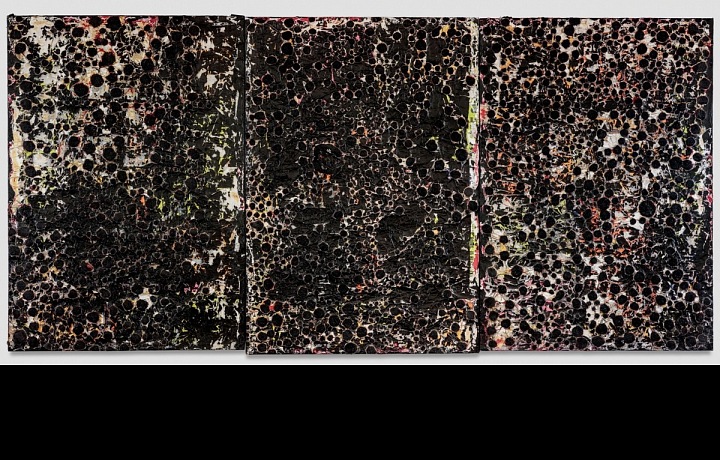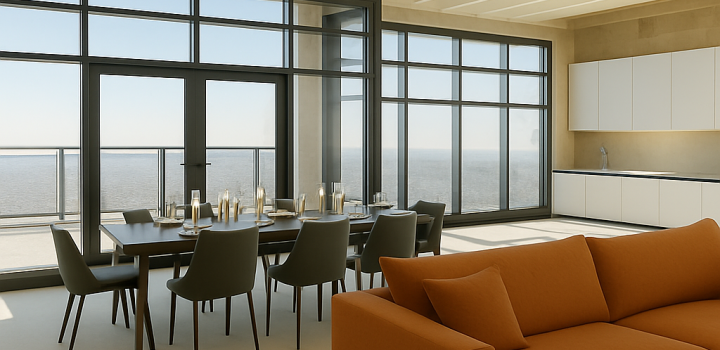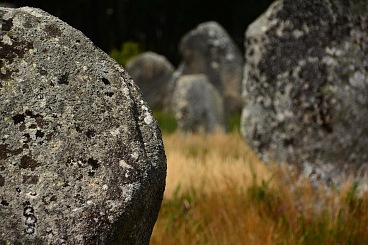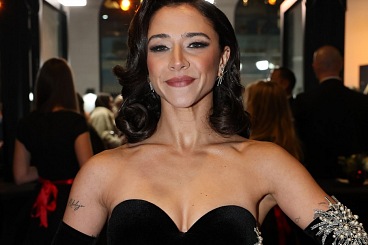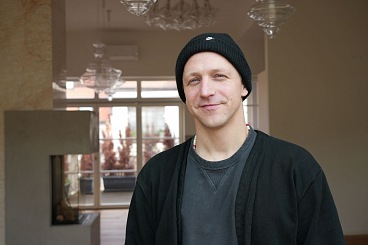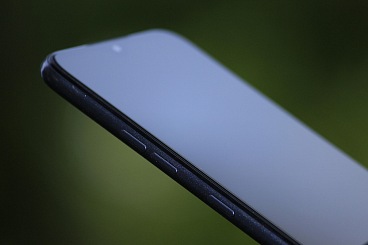Mark Bradford: the Jackson Pollock of today
He comes from Los Angeles, where he was born in 1961. He is known for his luxurious abstract multimedia work, in particular painting with complex surfaces. He studied art at the California Art Institute, one of the most famous American art schools.
As a child he hung around between the black district of Leimert Park, where his mother worked as a hairdresser, and the largely white district of Santa Monica.
What do his works reflect?
Bradford depicts the problems of race and poverty in his works, as is apparent for instance in his special installation Help Us (2008). In his work, he used pieces of wood left behind by the devastating Hurricane Katrina (which caused numerous casualties in the southern United States in late August 2005). The pieces of wood, put together to spell the words HELP US, were installed on the roof of a building in Los Angeles. The aim was to recall the desperation of the survivors.
Author of social abstraction
Mark Bradford is known for his large-format images consisting of several layers of paper on canvas. After trying, he files off the upper layers to reveal the older layers below.
He often calls his works social abstractions. In many cases, the paper he uses comes from poster and billboards taken from advertising surfaces in the working districts of South Central Los Angeles. For example, his media collage Ghost Money reflects the empty promises of marketing leaflets, which are tactically placed in locations to target the working classes: at bus stops and telephone booths.
He works and lives in Los Angeles, but you can admire his artwork at the Hirshhorn Museum and Sculpture Garden in Washington, at the Tate Gallery in London, or at The Museum of Modern Art in New York. In 2017, he represented the USA at the Venice Biennale and is often called the Jackson Pollock of today.



